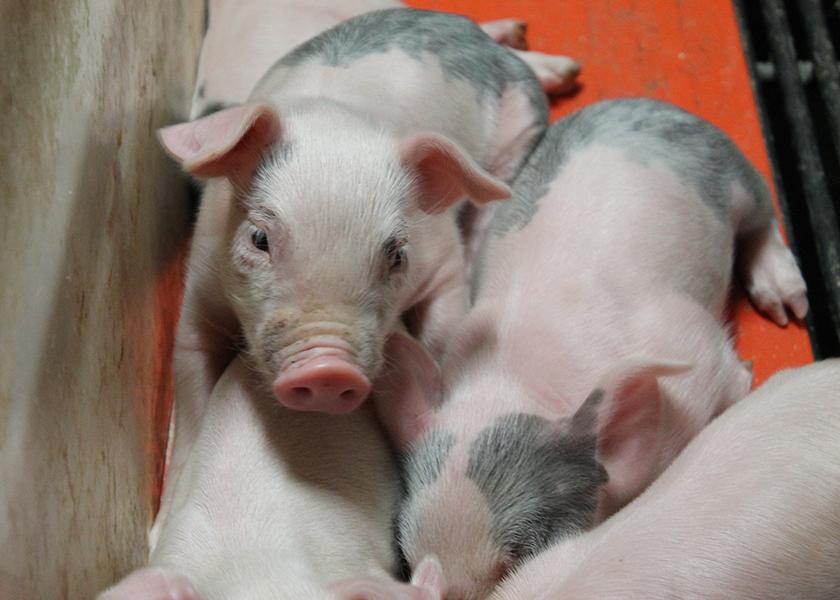Search
Featured post
How to Prevent Piglet Anemia in a Pig farm
How to Prevent Piglet Anemia in a Pig farm
Pig farming is a significant agricultural practice around the world, providing a valuable source of meat for human consumption. However, one common issue that pig farmers may encounter is piglet anemia. Anemia in piglets can have severe consequences, including stunted growth, decreased resistance to illnesses, and even death. As such, it is essential for farmers to take preventive measures to ensure the health and well-being of their piglets.
Anemia in piglets is caused by a deficiency of iron in their diet, as well as parasites such as roundworms and whipworms that feed on the blood of the piglets. To prevent piglet anemia, farmers must take proactive steps to address these underlying causes.
The first step in preventing piglet anemia is to provide adequate nutrition to the piglets. Piglets require higher levels of iron in their diet compared to adult pigs, as they are rapidly growing and need iron for the production of hemoglobin in their blood. Farmers should ensure that piglet feed contains sufficient levels of iron, as well as other essential nutrients such as protein, vitamins, and minerals.
In addition to providing a balanced diet, farmers can also administer iron supplements to piglets to prevent anemia (Iron Dextran should be given on day 3). Iron injections or oral iron supplements can help boost the piglets' iron levels and prevent them from developing anemia. It is essential to consult a veterinarian before administering any supplements to ensure the correct dosage and method of administration.
Another critical aspect of preventing piglet anemia is to control parasites such as roundworms and whipworms. These parasites can feed on the blood of piglets, leading to anemia and other health issues. Farmers should implement a regular deworming program to control parasite infestations in their pig herd. This can involve administering deworming medications to the piglets at regular intervals, as well as implementing good hygiene practices to prevent the spread of parasites.
Furthermore, farmers should also pay attention to the housing conditions of their pig herd to prevent anemia. Overcrowding, poor ventilation, and unsanitary living conditions can all contribute to stress and disease in piglets, making them more susceptible to anemia. Farmers should ensure that piglets have access to clean and dry bedding, sufficient space to move around, and proper ventilation to maintain good health.
Overall, preventing piglet anemia requires a comprehensive approach that addresses nutrition, parasite control, and housing conditions. By taking proactive measures to ensure the health and well-being of their piglets, farmers can minimize the risk of anemia and promote the growth and development of their pig herd. The welfare of the animals should always be a top priority for pig farmers, and by implementing these preventive measures, they can help create a healthier and more sustainable pig farming operation.
Search on Wikipedia
Labels
Most Popular
Tags
- animal health
- antibiotic abuse
- Antimicrobial resistance
- antimicrobial stewardship
- Brooding
- cat
- cat myths
- chicken
- cow
- dairy
- deworming
- dog
- dog care
- dog ethics
- dog grooming
- dog health
- Dog safety
- Dog training
- Dogs
- dress
- exercise
- exertional rhabdomyolysis
- Food safety
- hoof care
- hoof trimming
- Horse
- horse care
- horse disease
- Meat inspection
- Meat safety
- milking
- myths
- parvovirus
- pet
- pet care
- pet care.
- pet health
- Pig farming
- Pigs
- Poultry
- poultry farming
- poultry feed
- tick infestation



0 Comments